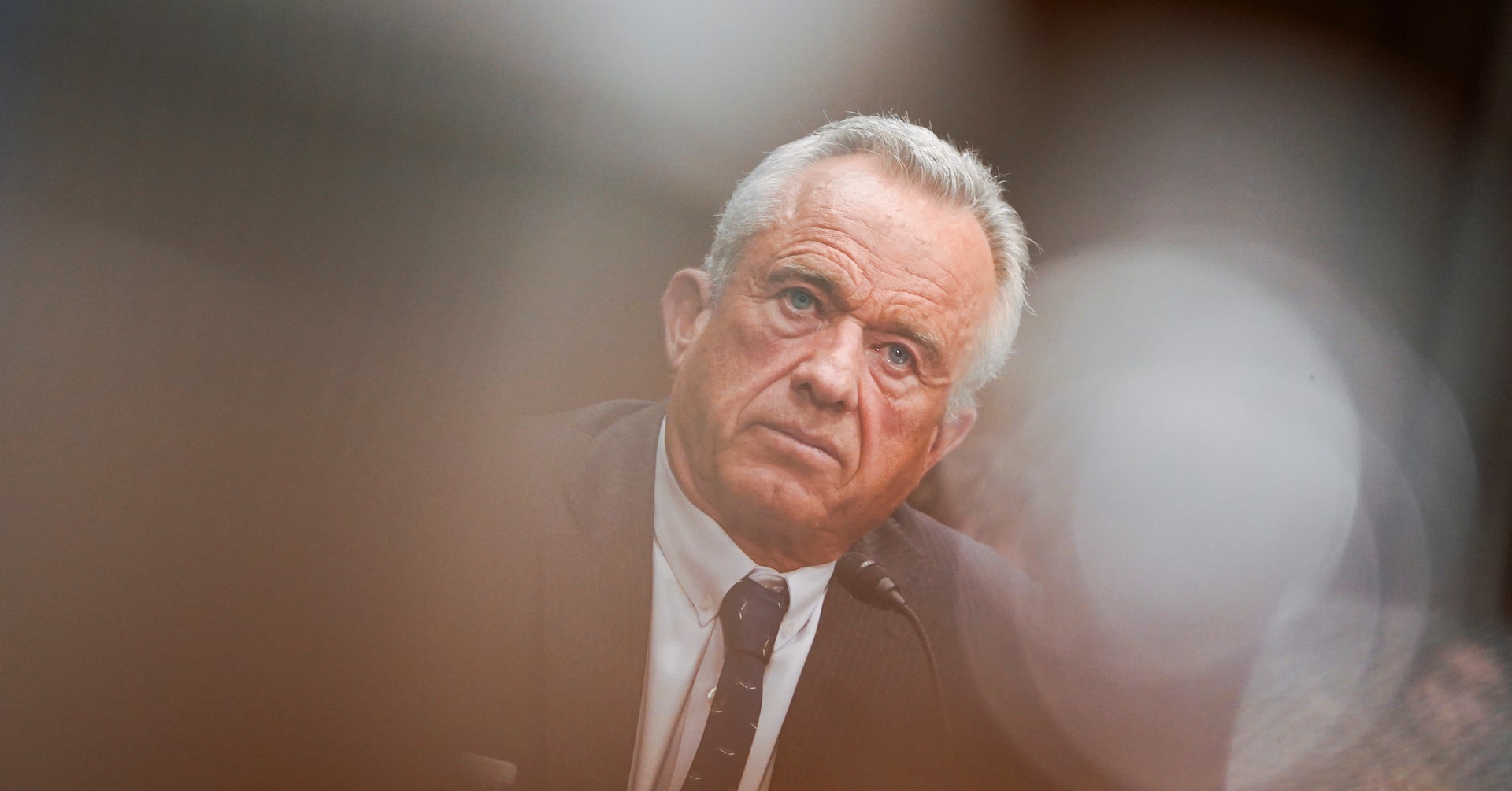Senate Panel Clears Path: Kennedy Edges Closer to Landmark Health Leadership Role

Robert F. Kennedy Jr. is gaining significant momentum in his bid to become the next health secretary, marking a pivotal moment in his controversial nomination. In a crucial development, he secured a critical endorsement from a prominent Republican senator, propelling his candidacy forward with renewed vigor.
The Senate Finance Committee has now recommended Kennedy's advancement to a full Senate vote, potentially setting the stage for his confirmation as early as this week. This recommendation signals growing support for the nominee, who was personally selected by President Donald Trump to lead the health department.
Kennedy's path to the position appears to be clearing, with key political barriers gradually falling away. The backing from a senior Republican senator represents a strategic breakthrough that could prove decisive in his ultimately securing the high-profile cabinet role.
As the nomination moves closer to a potential final vote, political observers are watching closely to see whether Kennedy can successfully navigate the remaining procedural hurdles and transform his nomination into a confirmed appointment.
